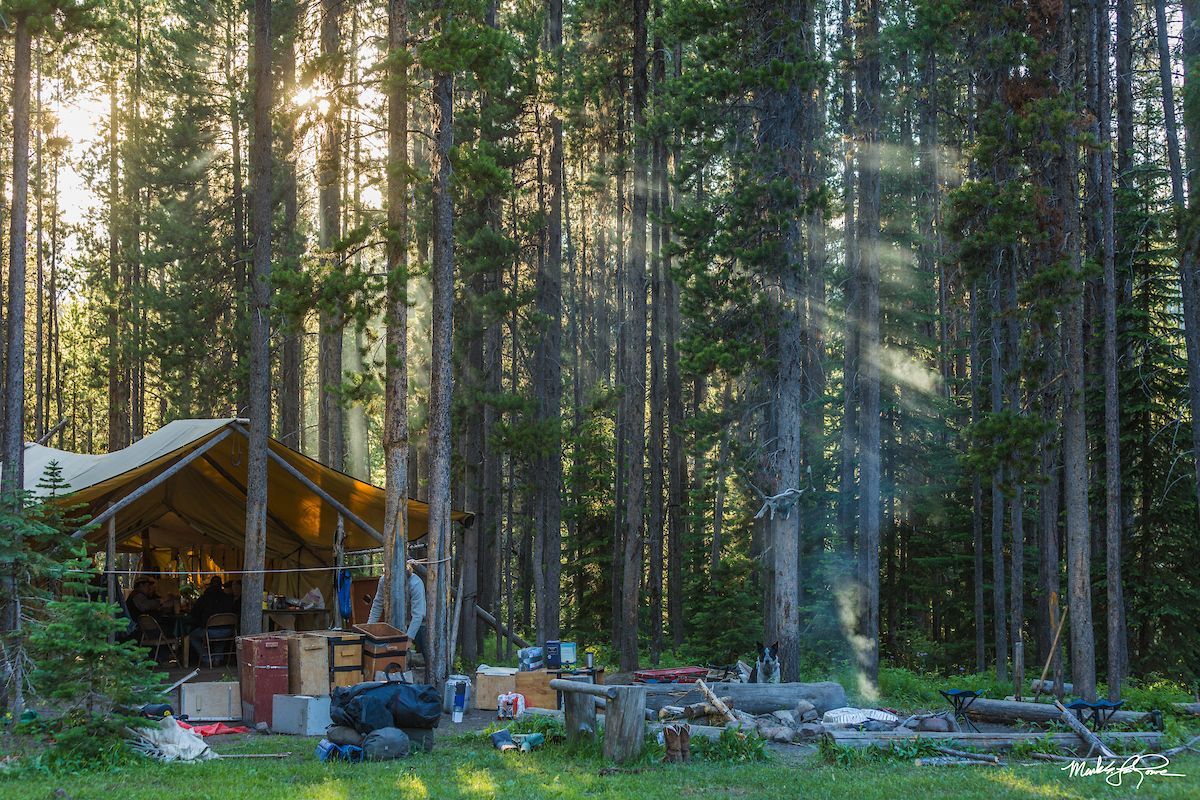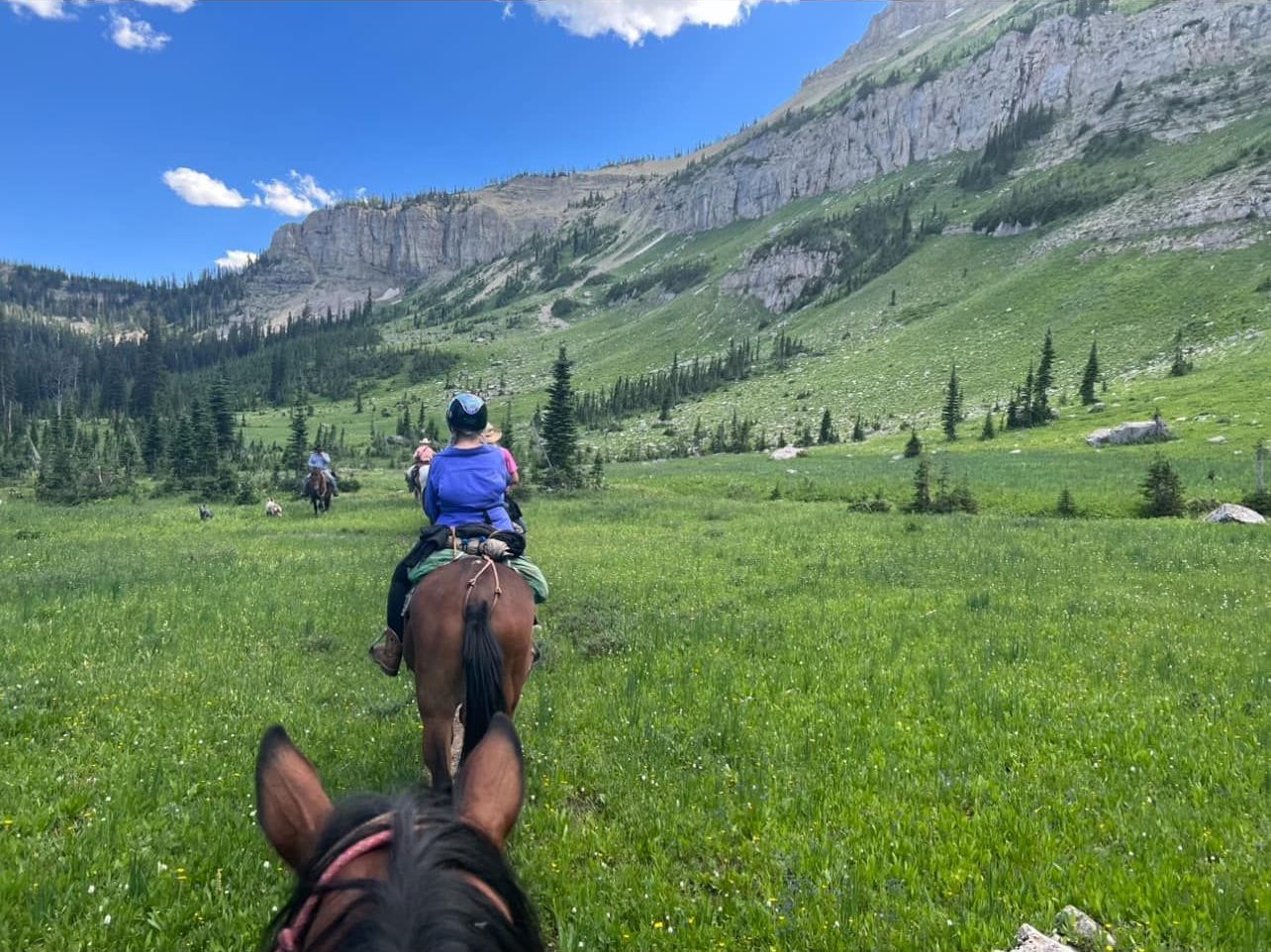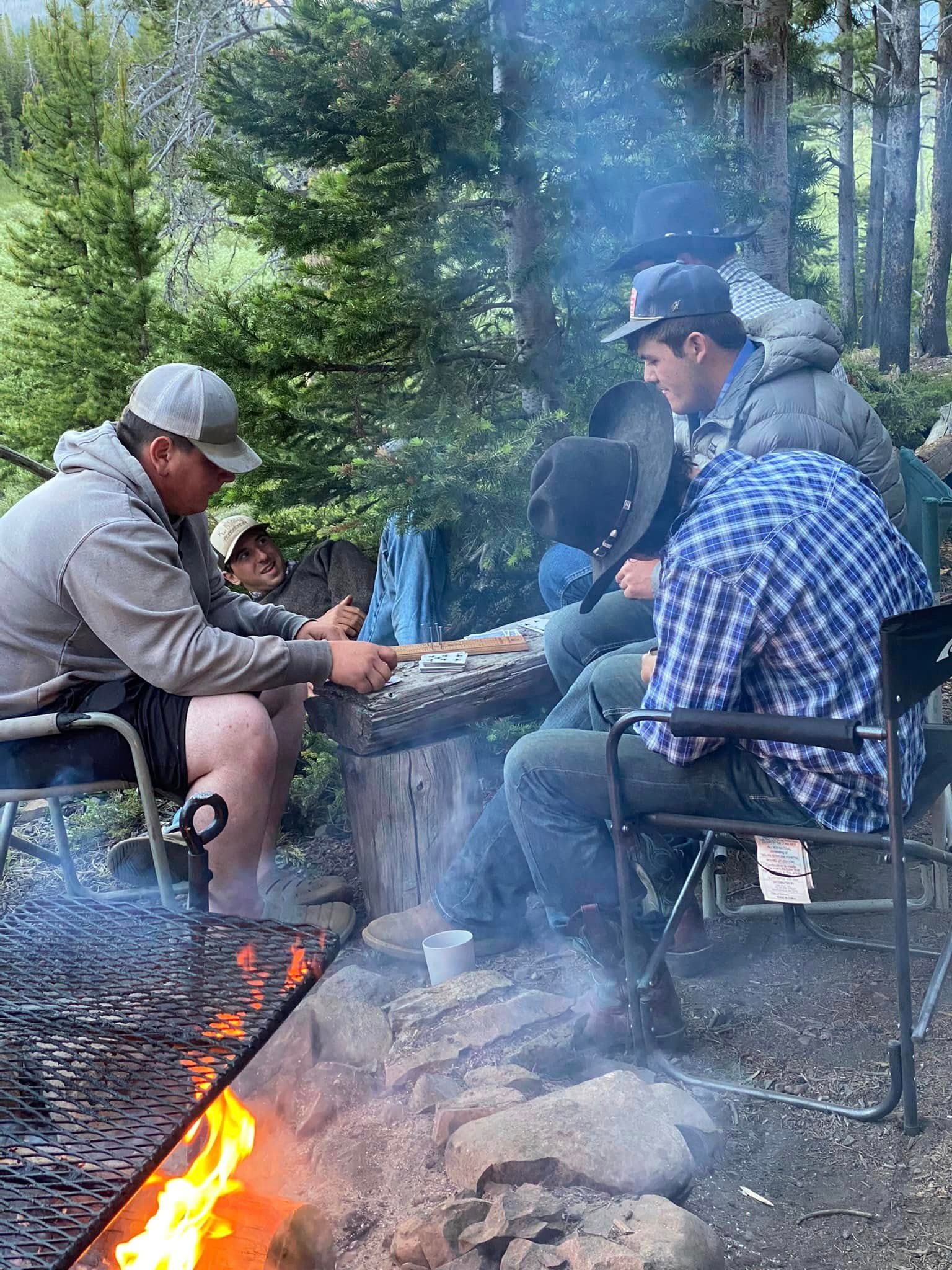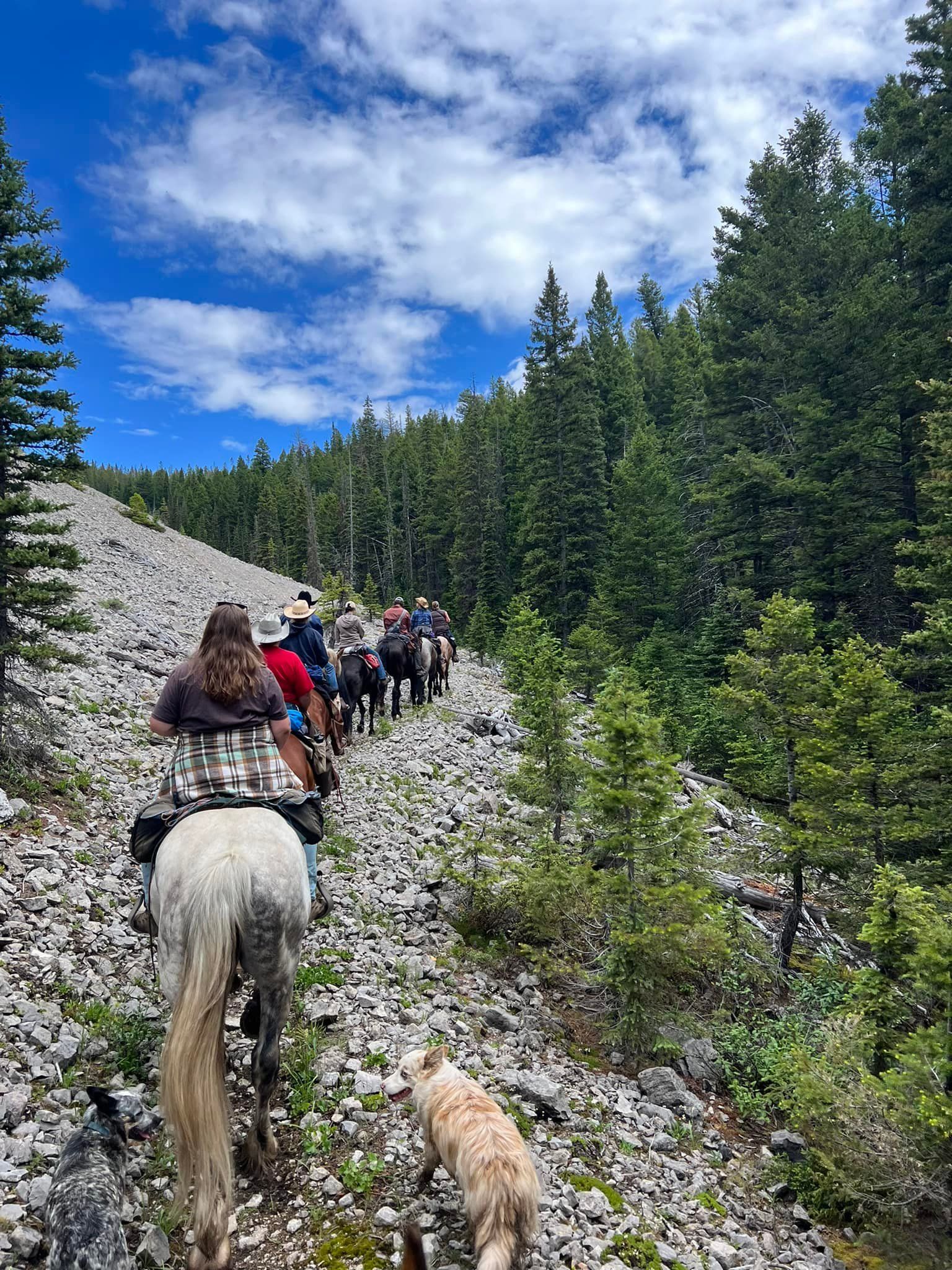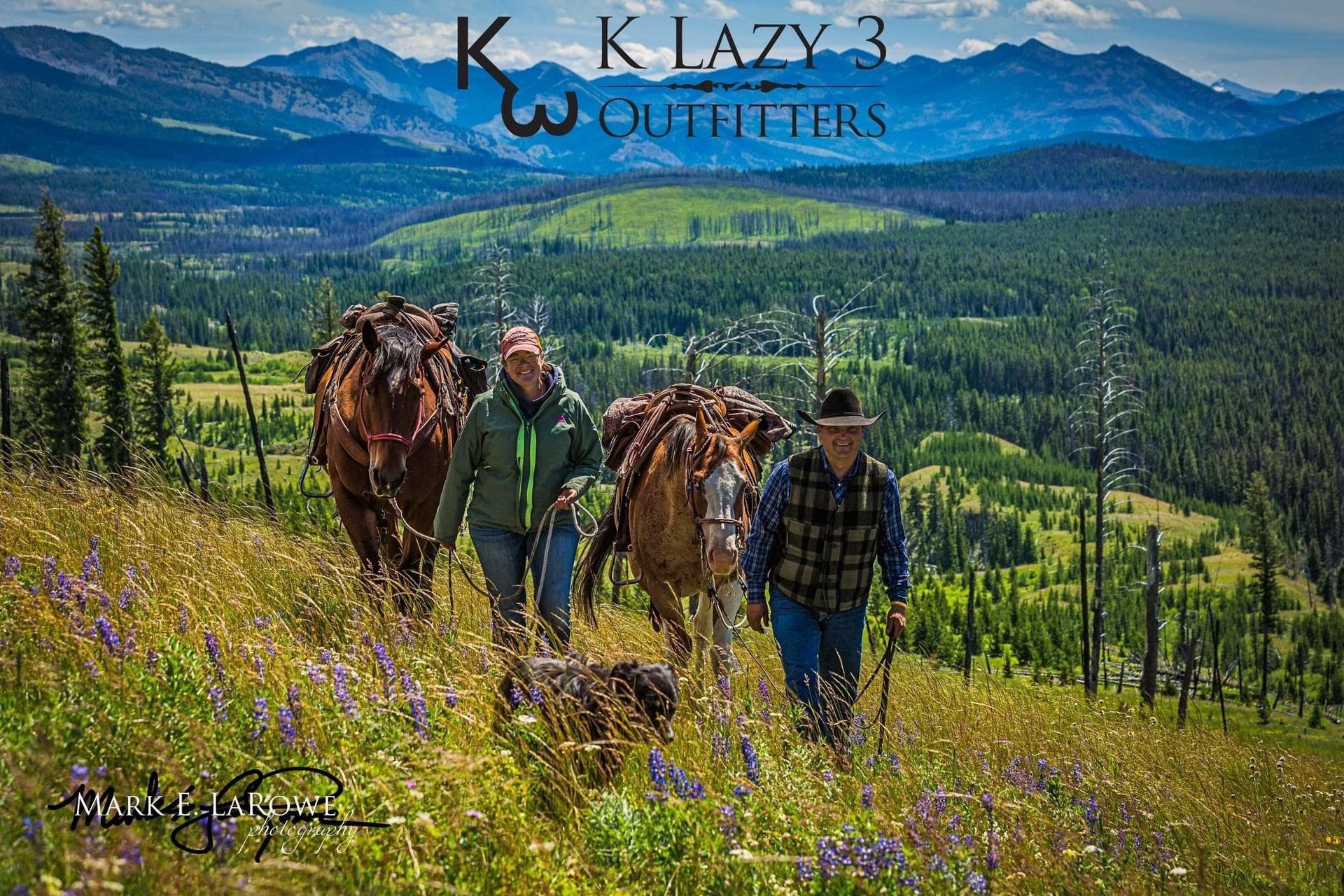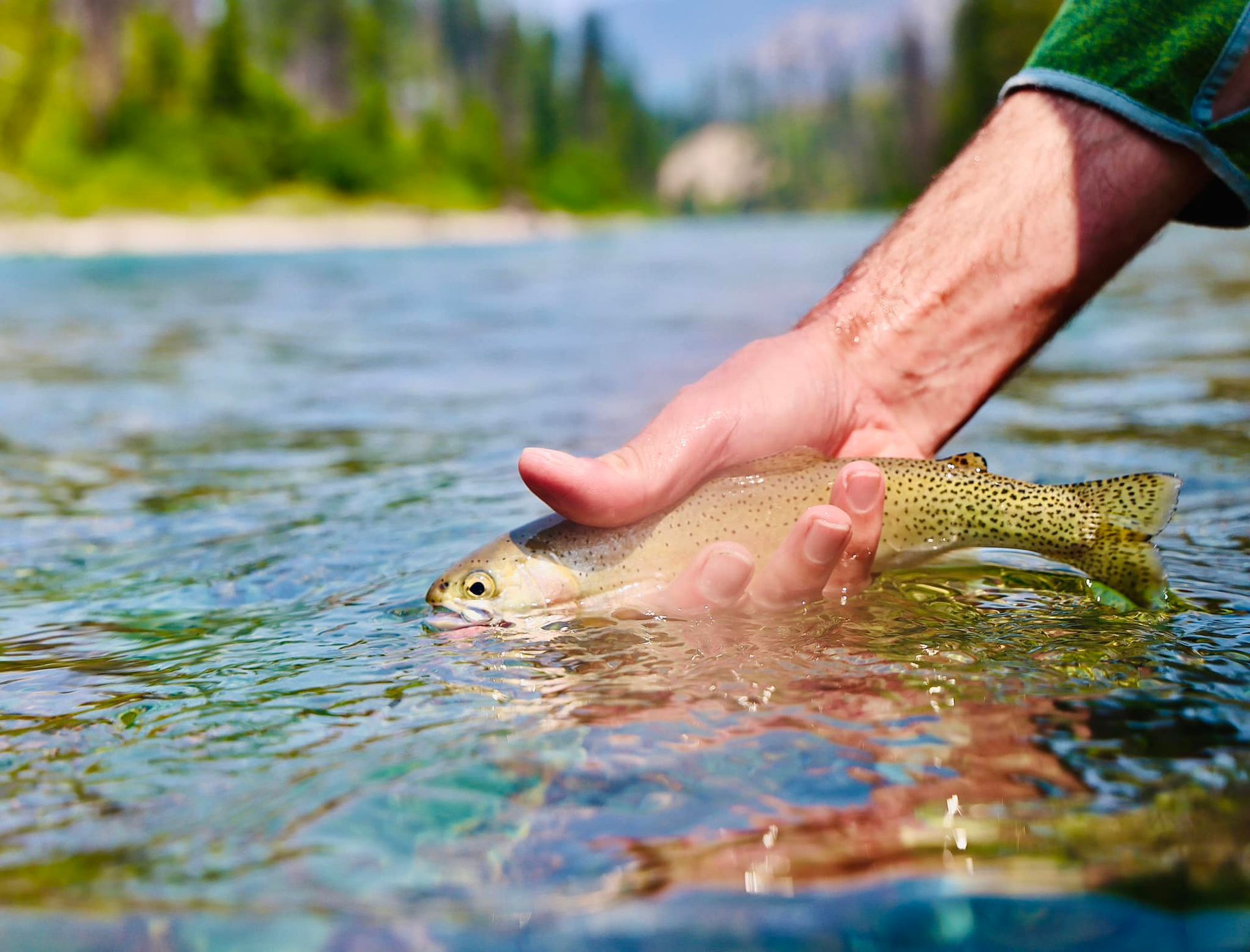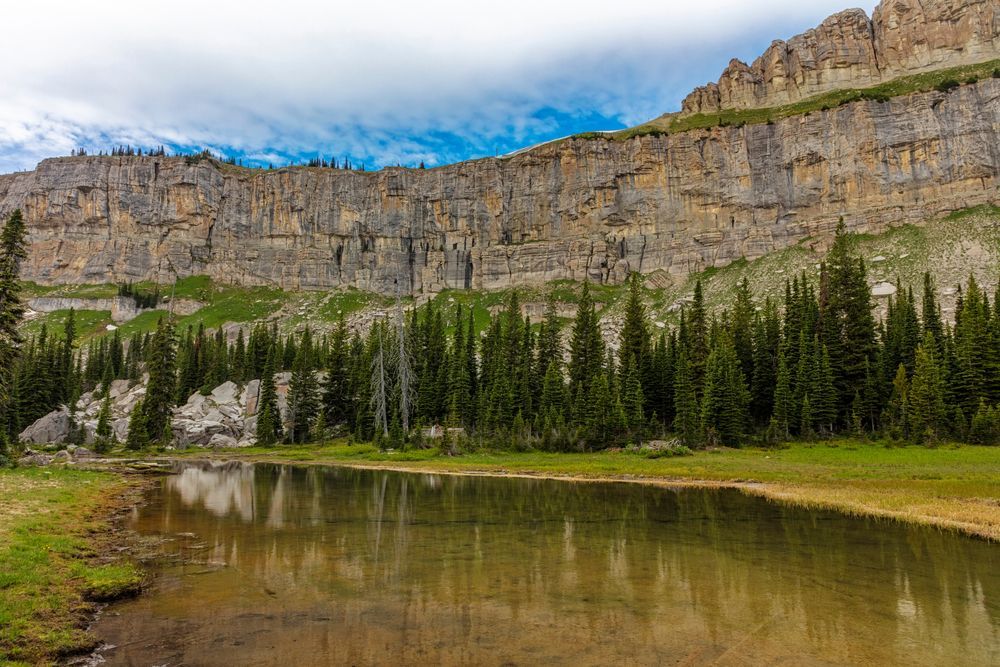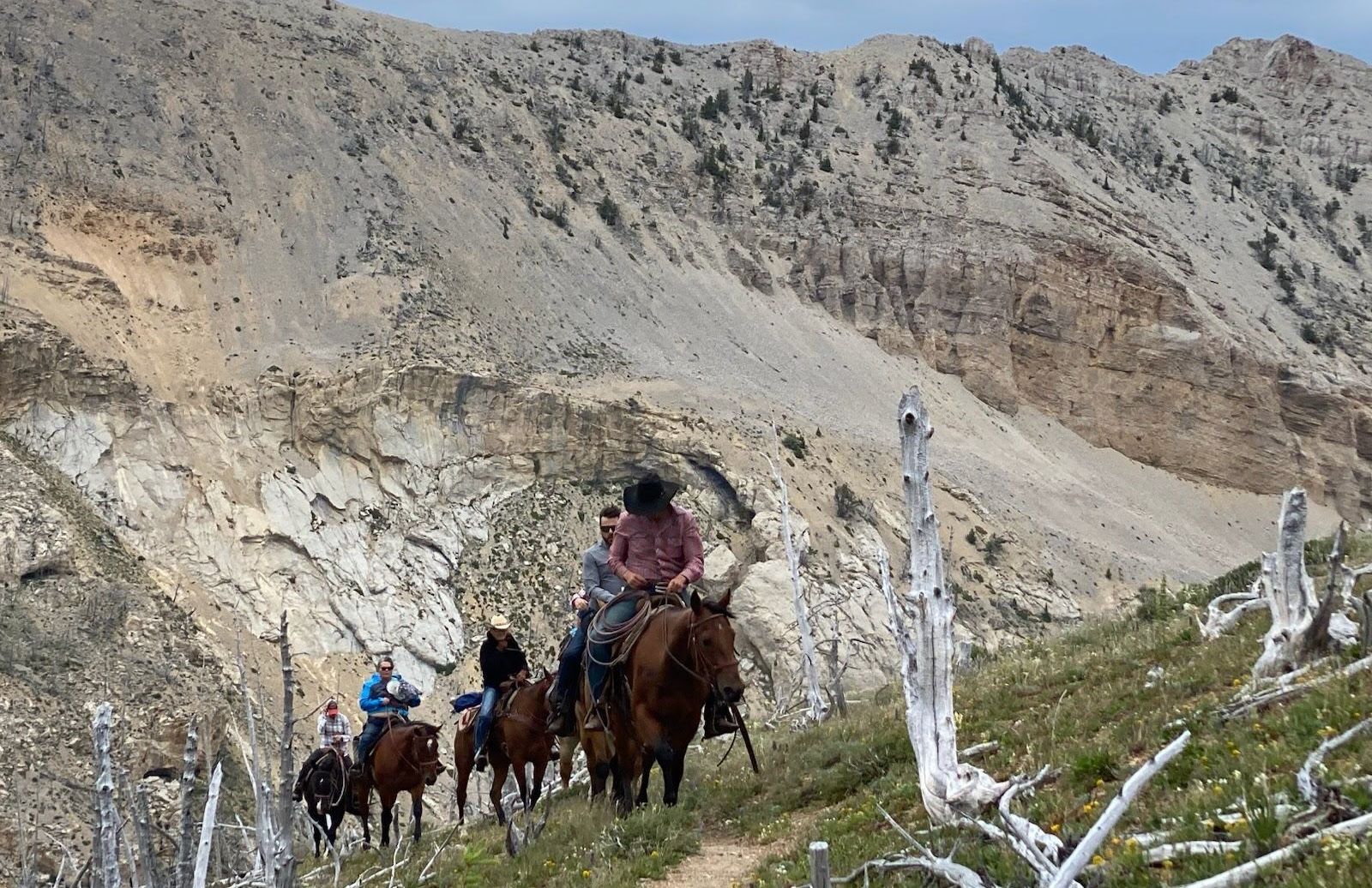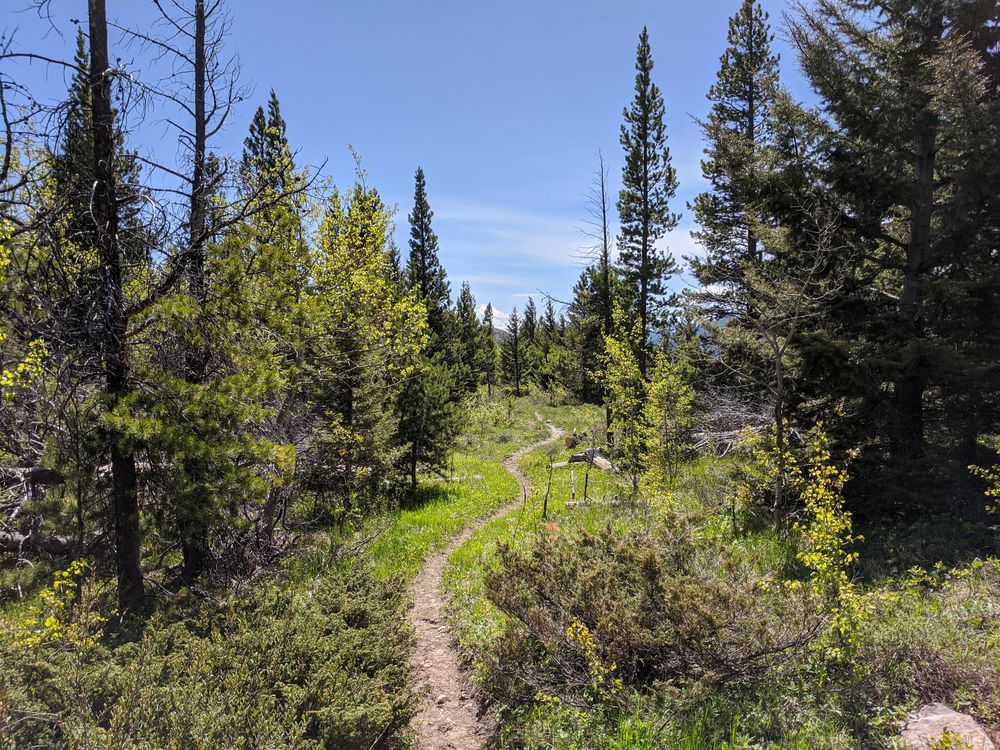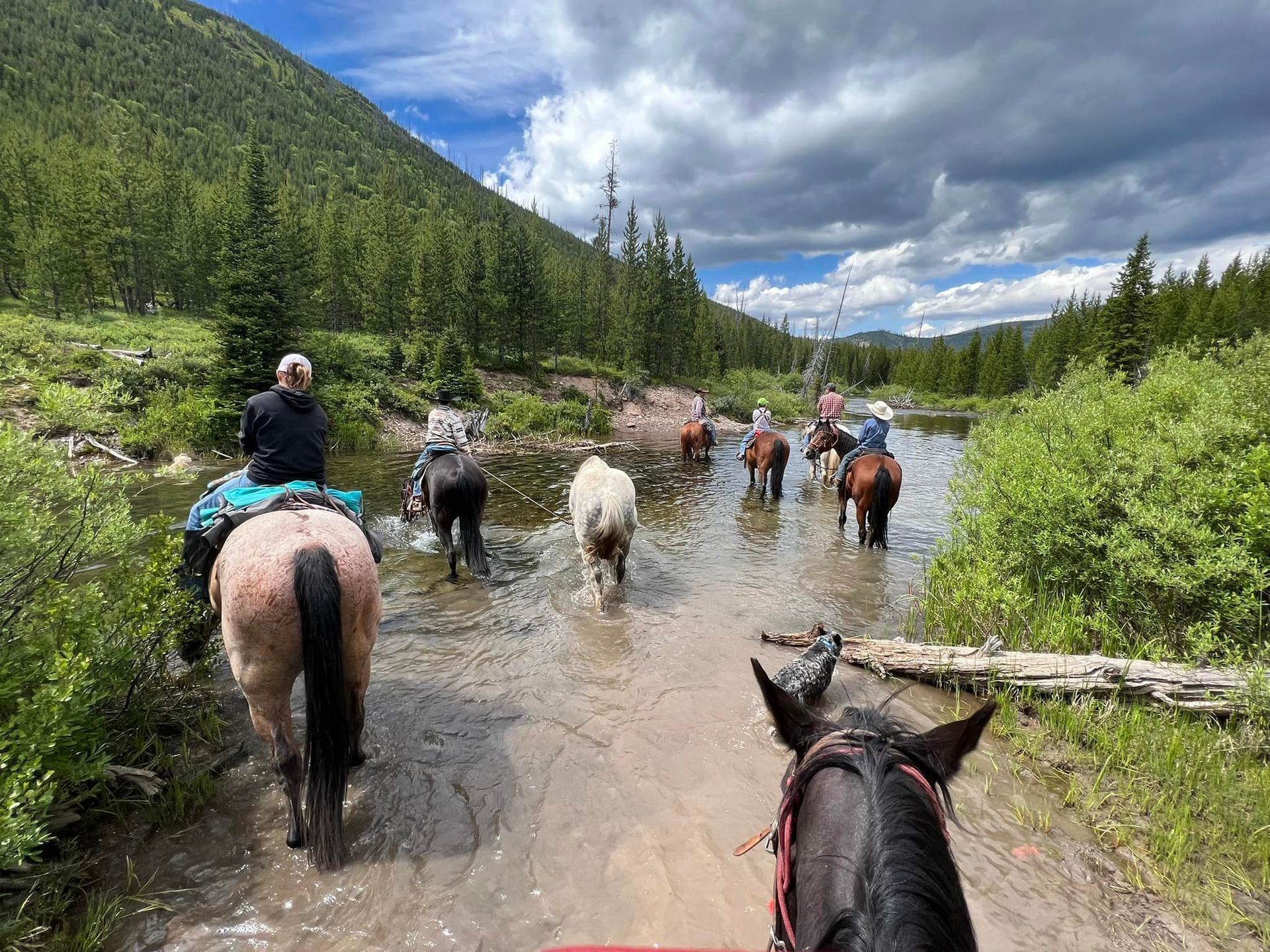Complete Guide to Preparing for Your Montana Multi-Day Wilderness Adventure
Complete Guide to Preparing for Your Montana Multi-Day Wilderness Adventure
Montana's wilderness areas offer unparalleled access to pristine backcountry landscapes. Whether you're exploring the Bob Marshall Wilderness or Scapegoat Wilderness, proper preparation ensures you'll have the adventure of a lifetime while staying safe and comfortable.
Understanding Montana's Wilderness Terrain and Weather
Montana's backcountry presents unique challenges that differ significantly from day hiking. You'll encounter elevations ranging from 4,000 to over 8,000 feet, with terrain including alpine meadows, dense forests, river crossings, and mountain passes. Cell service is limited or nonexistent throughout most wilderness areas.
The optimal season for Montana wilderness trips runs from late June through early September. During this window, expect daytime temperatures between 65°F and 85°F, with nighttime lows dropping into the 30s and 40s. Weather conditions change rapidly in mountain environments, so you may experience sun, rain, and occasional snow flurries in a single day.
Essential Packing List for Multi-Day Wilderness Trips
When traveling with outfitters who provide pack animals for gear transport, focus on organizing your personal items efficiently while keeping everything waterproof and lightweight.
Clothing Essentials
Base Layers
- Moisture-wicking synthetic or merino wool shirts and pants
- Avoid cotton materials which retain moisture and lose insulating properties
Insulation Layers
- Fleece or down jacket for warmth
- Lightweight insulating vest for variable conditions
Weather Protection
- Waterproof rain jacket and pants
- Wide-brimmed hat for sun protection
- Warm beanie for cold mornings and evenings
- Insulated gloves or mittens
Daily Wear
- Durable hiking pants
- Quick-dry shirts
- Wool or synthetic hiking socks (multiple pairs)
- Broken-in hiking boots
- Comfortable camp shoes or lightweight sandals
Personal Care and Safety Items
Hygiene and Health
- Toothbrush and biodegradable toothpaste
- Broad-spectrum sunscreen (SPF 30 or higher)
- Lip balm with SPF protection
- Insect repellent or repellent wipes
- Personal medications and basic first aid supplies
Lighting and Navigation
- Headlamp with extra batteries
- Backup flashlight
- Water bottle or hydration system
Comfort Items
- Quick-dry towel
- Biodegradable soap
- Bandana or washcloth
Optional Gear for Enhanced Experience
- Binoculars for wildlife viewing
- Camera with waterproof protection
- Portable power bank for device charging
- Field guides for local flora and fauna
- Lightweight daypack for shorter excursions
Most reputable outfitters provide tents, sleeping systems, meals, and pack animals, eliminating the need for personal camping gear.
Physical Preparation for Wilderness Adventures
Multi-day wilderness trips typically involve horseback riding, hiking at elevation, and extended time outdoors. While extreme fitness isn't required, basic conditioning significantly improves your experience.
Recommended Training Program
Cardiovascular Fitness Start a routine of hiking, walking, or biking three to four times weekly, gradually increasing duration and intensity. Focus on building endurance rather than speed.
Strength Training Emphasize exercises targeting your legs, core, and back muscles. These areas support both hiking and extended periods in the saddle.
Flexibility and Balance Regular stretching or yoga sessions improve your comfort during long rides and help prevent soreness.
Practice Hikes Complete several day hikes while carrying a loaded daypack to simulate trip conditions.
If your adventure includes significant horseback riding, spend time in a saddle before your trip. Even brief riding sessions help your body adapt to the posture and movement.
Mental Preparation for Wilderness Immersion
Wilderness experiences require disconnecting from modern conveniences and embracing a different pace of life. This mental shift is often the most rewarding aspect of your adventure.
Setting Appropriate Expectations
Understand that wilderness trips prioritize authentic outdoor experiences over luxury accommodations. Weather and trail conditions may require itinerary adjustments, and flexibility enhances your enjoyment.
Embracing the Wilderness Mindset
Life moves more slowly in backcountry settings. This slower pace allows for deeper appreciation of natural surroundings and genuine relaxation away from digital distractions.
Trust your guides' expertise and decades of experience. They understand local conditions, wildlife patterns, and safety protocols better than anyone.
Wilderness Safety Fundamentals
Understanding basic wilderness safety principles helps you contribute to a safe group experience.
Wildlife Awareness
Montana wilderness areas are home to black bears, grizzly bears, elk, mountain goats, and moose. Proper food storage and following guide instructions are essential for wildlife encounters.
Hydration and Altitude Considerations
Maintain consistent water intake throughout your trip. Dehydration occurs more quickly at higher elevations, even in cool temperatures. Layer clothing appropriately and keep rain gear accessible.
Group Safety Protocols
Stay with your group, follow established trails, and communicate any concerns to your guides immediately.
Required Documentation and Permits
Fishing Licenses
Montana fishing licenses are required for all anglers and must be purchased separately through Montana Fish, Wildlife & Parks before your trip.
Medical Forms and Waivers
Complete all required paperwork provided by your outfitter prior to arrival. Include information about medical conditions, medications, and emergency contacts.
Hunting Permits
Hunting trips require additional documentation and permits specific to your planned activities and hunting seasons.
Professional Outfitter Advantages
Experienced outfitters provide comprehensive wilderness services beyond basic transportation. Professional guides bring decades of backcountry knowledge, including horse handling, wilderness cooking, gear management, and emergency protocols.
Well-trained pack animals safely transport equipment while expert guides navigate complex terrain and changing conditions. Professional outfitters know prime fishing locations, wildlife viewing areas, and scenic camping spots throughout wilderness areas.
Final Preparation Checklist
Two Weeks Before Departure
- Confirm packing list requirements with your outfitter
- Purchase required fishing licenses or permits
- Communicate dietary restrictions or medical concerns
- Complete physical conditioning program
Week of Departure
- Check weather forecasts for your destination
- Pack and organize gear according to outfitter guidelines
- Ensure adequate rest and hydration before travel
Day of Departure
- Arrive well-rested and properly hydrated
- Maintain flexibility for weather or condition-related changes
- Prepare mentally for disconnecting from technology
Why Proper Preparation Matters
Thorough preparation transforms wilderness adventures from potentially challenging experiences into genuinely memorable journeys. When you arrive properly equipped and mentally prepared, you can focus entirely on enjoying Montana's spectacular wilderness rather than managing discomfort or inadequate gear.
Montana's wilderness areas offer experiences unavailable anywhere else in the world. Professional outfitters provide the expertise and support necessary to access these remarkable landscapes safely while maximizing your adventure potential.
Your multi-day Montana wilderness trip represents an opportunity to experience the natural world as it was meant to be experienced. Proper preparation ensures you'll return home with memories that last a lifetime and a deep appreciation for America's wilderness heritage.
